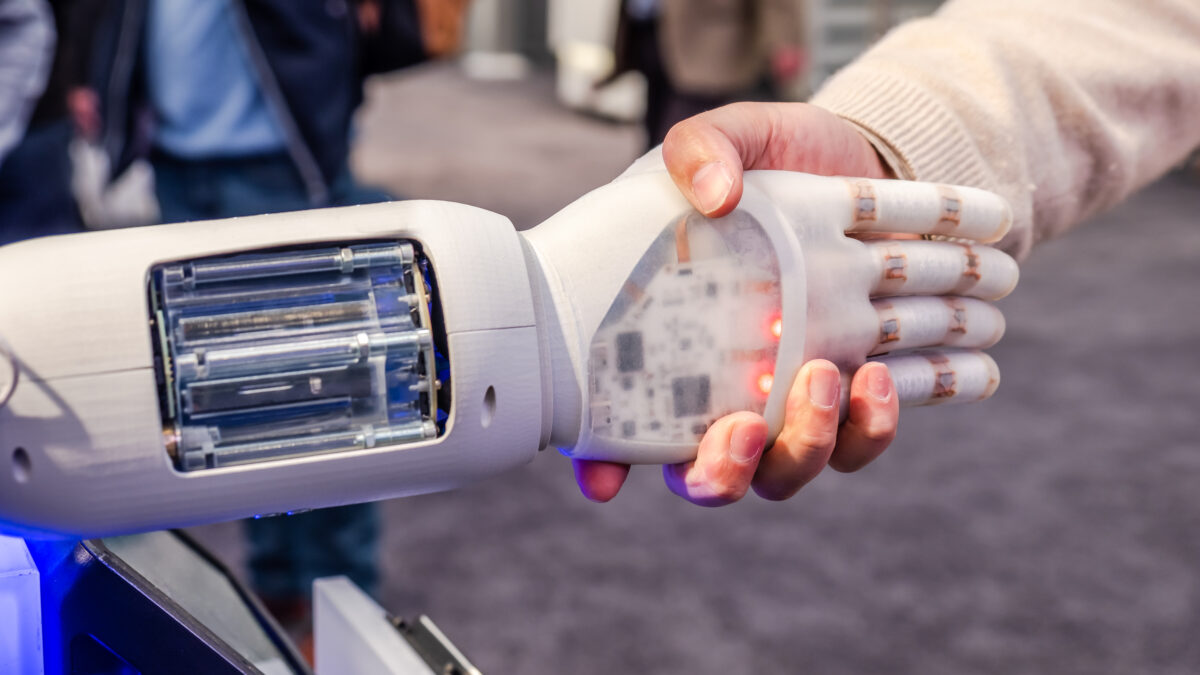Videogames, robots, and the future of design will be the focus of the V&A Dundee’s 2019 international exhibition programme.
It will be the first exhibition to fully consider the complexity of videogames as one of the most important design fields of our time, said the organisers. There are an estimated 2.2 billion people who play video games worldwide, from commuters on mobile phones to eSports professionals watched by tens of thousands of spectators.
The V&A will celebrate the design and culture of contemporary videogames in Videogames: Design/Play/Disrupt, which will run from 20 April to 8 September.
The exhibition focuses on videogames designed and developed since the mid-2000s when major technological advancements transformed the way games were designed, discussed, and played. From multi-million-dollar blockbuster titles to smaller independent games and the work of DIY artists from a hacker/maker culture, the exhibition explores current international debates as well as the creative contributions made to game culture by the players themselves.
Alongside the exhibition, there will be a varied programme of events, talks, commissions and learning workshops inspired by videogame design that will reflect the local expertise of Scottish designers, companies and academics in the field.
As part of this programme, the V&A is calling on designers with a link to Scotland to submit a proposal for a digital game commission that explores character development and the idea of self in videogames. The appointed designer will be chosen by a panel including experts from the Dundee videogame industry and will develop their game for the V&A’s website. The commission will be supported by InGAME, an Abertay University led games innovation partnership.
The V&A’s programme will then go on to examine the current boom in robotics with the exhibition Hello, Robot. Design between Human and Machine which will run from 2 November 2019 to 23 February 2020. It will investigates the “science and fiction of robots” and looks at how they are changing the world we live in.
“Posing a series of provocative questions, it explores how popular culture has shaped our perception of robots and artificial humans, the impact this technology has had on industry and the increasing blurring of the boundaries between human and machine,” said a spokesperson.
The exhibition shows the impact robots have already had on our world from fashion to architecture and even social care. Hello, Robot. Design between Human and Machine gives a comprehensive look at the current state of robotics and provides a vision of the future.
The focus of a new exhibition in the museum’s Michelin Design Gallery will be the work of Glasgow-based designer Gabriella Marcella, founder of RISOTTO. Marcella will create an installation “exploring the principles of learning through play and how creativity can be supported by the defining constraints of material and colour”.




